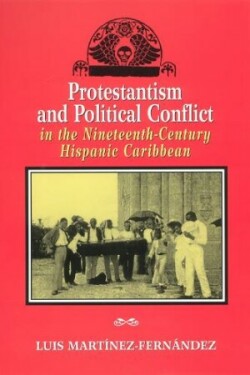25,932,930 books and 4,732,408 eBooks currently available
Free store pick-up
in Bratislava, Banská Bystrica and Košice
in Bratislava, Banská Bystrica and Košice
Free shipping for purchases over € 50
Books from all over the world
02 - 69 30 78 11
Call us:
Mon - Thu 08:00 - 17:00
Fri 08:00 - 15:00
Newsletter subscription
I am interested in discounts on titles, free shipping and other interesting promotions.






© 2022 Megabooks SK spol. Ltd. - foreign literature. Exclusive distributor of Oxford University Press
All prices include VAT
25,932,930 books and 4,732,408 eBooks currently available
Free store pick-up
in Bratislava, Banská Bystrica and Košice
in Bratislava, Banská Bystrica and Košice
Free shipping
for purchases over € 50
for purchases over € 50
Books from all over the world






Documents
Bookshops
0947 917 661
Call us:
Mon - Thu 08.00 - 17.00
Fri 08.00 - 14.30
Stay in touch with us
Sign up for news, updates and savings.
© 2022 Megabooks SK spol. s r.o. - foreign literature. Exclusive distributor of Oxford University Press
All prices include VAT

